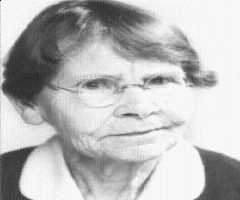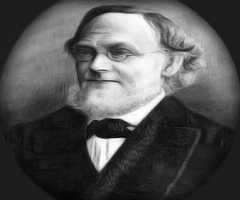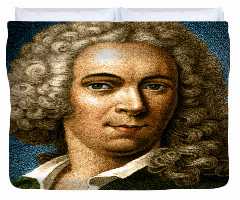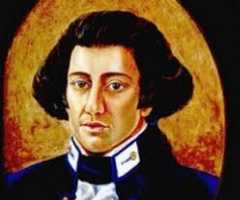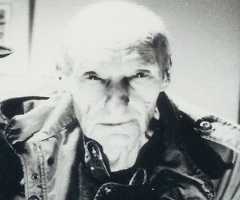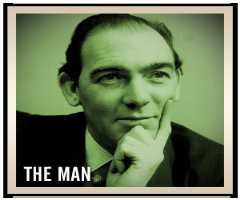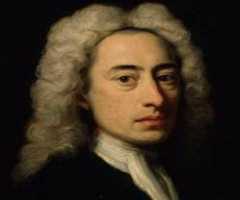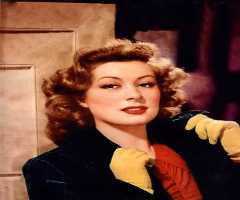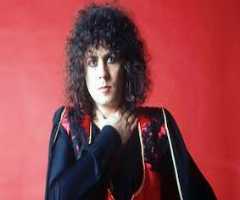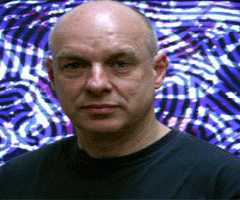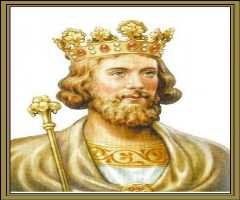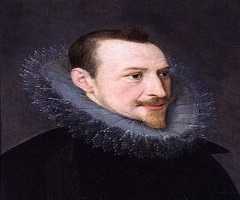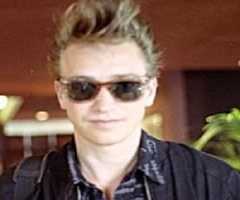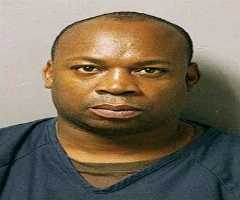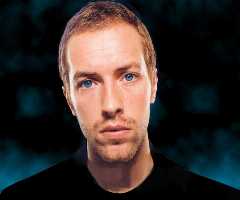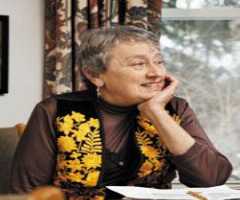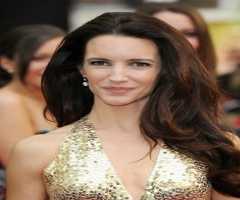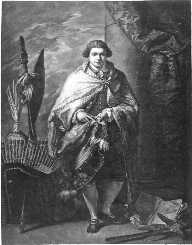
Joseph Banks Biography, Life, Interesting Facts
At 21 years of age, Joseph Banks’s became a propertied young man after acquiring his father’s wealth. Joseph Banks dropped out in the middle of his studies; hence he didn’t receive his degree. But this didn’t hinder him from pursuing his career as a botanist. He was lucky that he didn’t pass through a roadmap of several master’s degree and PhDs. Since inception Joseph had an inborn talent for the scientific study of plants. He knew every single thing in regards to entomology, zoology, and biology.
His envied work paved the way for further research and future study. For the rest of his life, he did nothing else than a craving for greater heights. It was after inheriting his father’s fortune that Joseph Banks started to ranger over the unknown land and turfs. With much affluence on his side, he was forced to pay an array amount of money to a Cambridge Professor. His end aim was to gauge several series of botany. His knowledge gave him a chance to become an adviser to the Royal Botanic Gardens. Later in his middle-aged life, he turned into a financier for science as well as a famous endorser.
Childhood And Early Life
On 24th February 1743, Joseph Banks was first seen in the world in London. He was lucky that he had everything that he wanted in life. His father, William Banks served as a doctor as well as an active member of the House of Commons. Before joining the school, Banks received a private education at his father’s home. Afterward, he entered Harrow School in 1752 as well as Eton College in 1756. In the mid of 1760, Joseph Banks was enrolled at the Christ Church at the Oxford University. After a short pause, he realized that botany wasn’t a zealous subject. As a result, he hired a Botany Professor called Israel Lyons where he worked as a lecturer at Cambridge University. Unfortunately, he left without gaining his end degree.
Early in 1761, Joseph’s father died where he left a sizable inheritance. It was at the age of 21 that Joseph Banks took over as the owner of his father’s properties. There and then he turned into a well-to-do lad. This gave him a chance to further his studies as well as embracing leisure time. In 1763 Joseph Banks traveled to Chelsea where he got an opportunity to visit places like Chelsea Physic Garden and British Museum. Subsequently, he met Daniel Solander and Carl Linnaeus-the naturalists. He then got a seat as the leading advisor of King George III.
Career
Early in 1766, Joseph Banks got a place at the Royal Society and later as the principal leader of the Society of Antiquities. While at the Niger’s expedition Joseph managed to collect over 34 different types of species including plants and animals. The most extinct species include a bird called Great Auk. While traveling to Brazil, he stopped to decide a group of a plant called Bougainvillea. Other explorers took a chance to note his explanations as well as specimens. In 1773 he traveled to Holland in partnership with Charles Grevillea. It was there that they visited Wales with Paul Sandy and Solander. In his native land, Joseph opted to move to a sizable place where he accommodated his ever-growing specimen of plants.
In 1773 Joseph Banks was appointed as the leading member of the Royal Swedish Academy of Science. He later led the Dilettante Society in 1774.In 1778 to 1797 Joseph Banks worked as the secretary. He then got a seat as the President of the Royal Society in 1778. He remained in the position for four decades. In 1779 Joseph Banks opted to lease a miniature of land that he called the Spring Grove. In 1781 Joseph Banks became a member of the British Order. For several years Joseph served as an adviser of the Royal Botanic Gardens. It was the only garden that accommodated exotic plants.
Major Works And Achievements
Joseph Banks most recalled work include the development of the Botanical Gardens. He was also applauded for his great expedition to Labrador in partnership with James Cook. When it comes to his achievements, Joseph was appointed as the Royal Society foreman in 1766.He remained in the seat for over a decade. His skill led him to establish the Wernerian Natural History Society.
Personal Life And Legacy
In 1779 Joseph Banks tied a nuptial knot with Dorothea Hugessen. The couple didn’t have a child or children of their own. To pay homage, Joseph Banks founded over 80 plants that he named after his name. Sad to say he breathed his last on 19th, June 1820 and interred at St. Leonard’s Church in Huston.


